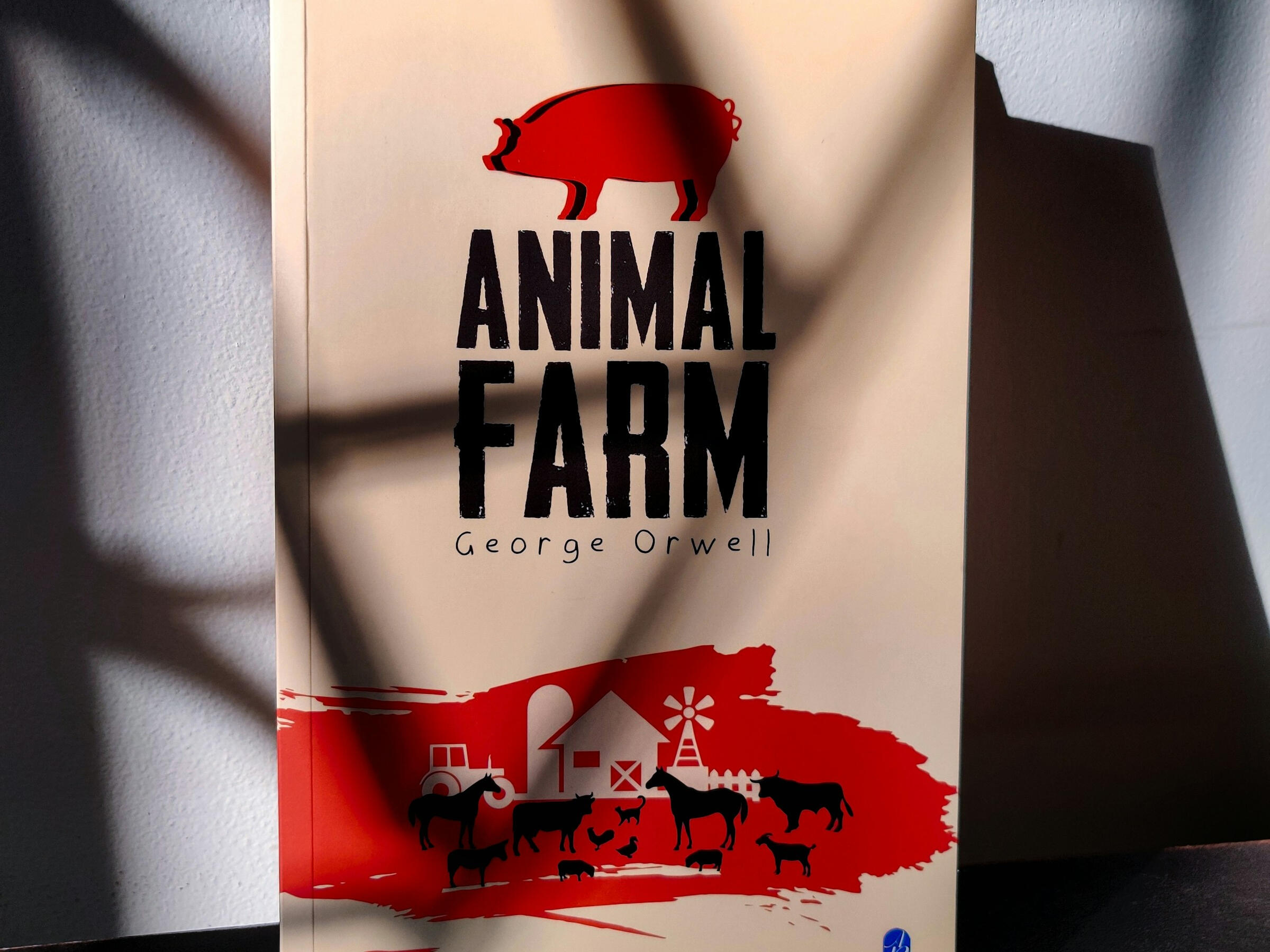George Orwell is well known for his novels that explore political themes. Written in 1945, Animal Farm is a short novel that uses farm animals as an allegory for the rise of totalitarianism in the Soviet Union. It uses a simplified story with animals overthrowing their human owner to make a powerful political commentary about power, corruption, and control. In this novella, Orwell draws on his own life experiences and history. In this guide, you’ll learn more about the importance of Animal Farm in history and the central themes of the book.

Historical Context
To understand Animal Farm, it helps to know when and why it was written. George Orwell published the novel in 1945, shortly after the end of World War II. At that time, many people in Britain and the West still saw the Soviet Union as an ally against Nazi Germany. Orwell, however, wanted to expose the darker reality of Stalin’s regime.
The story is a direct allegory of the Russian Revolution of 1917 and its aftermath. The animals’ revolt against Mr. Jones mirrors the overthrow of Tsar Nicholas II. The pigs’ takeover, especially Napoleon, represent Joseph Stalin and the communist elite in their rise to power.
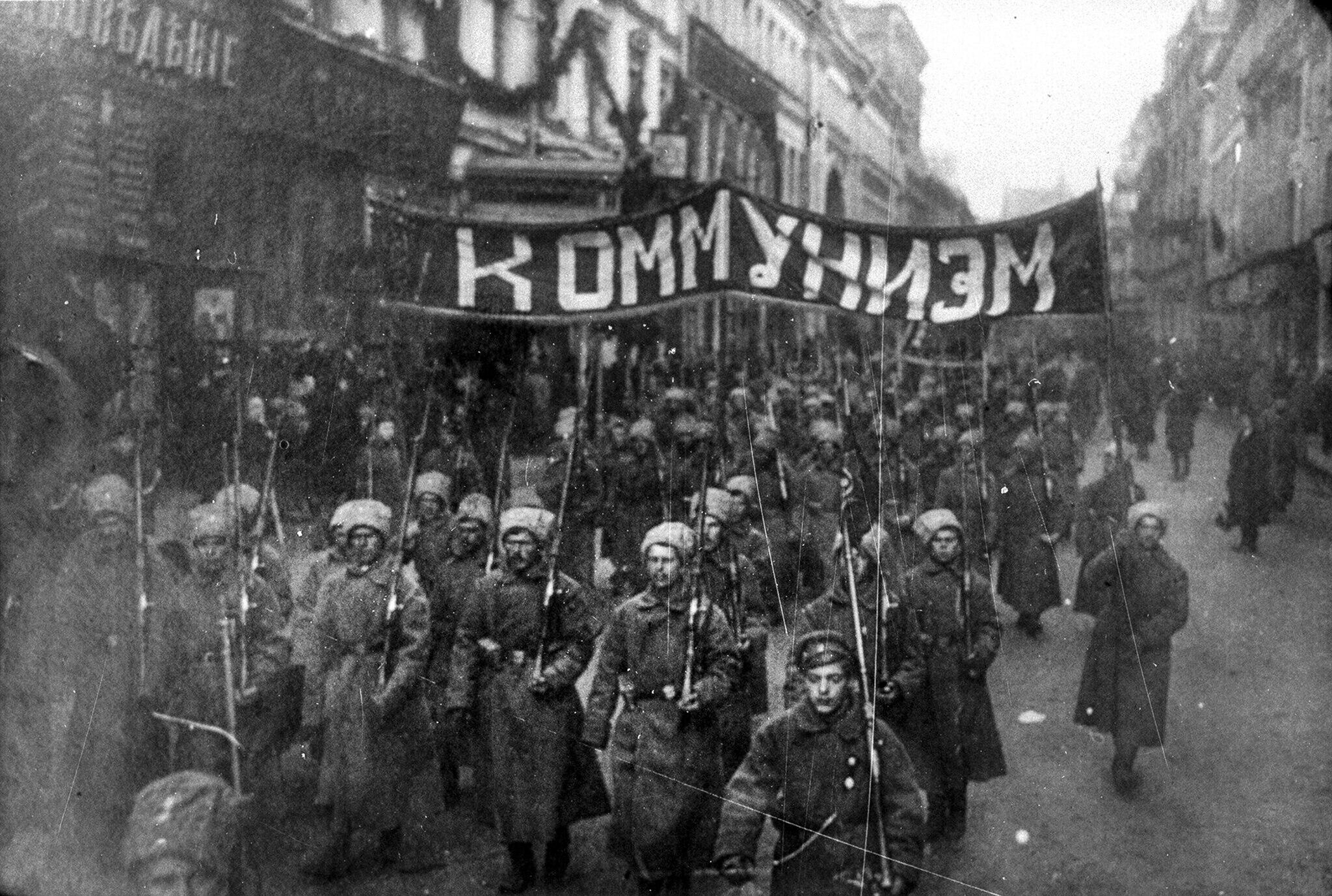
George Orwell had witnessed political propaganda firsthand while fighting in the Spanish Civil War. This experience made him deeply suspicious of governments that claimed to fight for equality but ended up silencing opposition and manipulating truth instead. In Animal Farm, he used simple storytelling to reveal how revolutionary ideals can be manipulated and decay, leading to oppression. The novel was controversial when it came out, since political powers thought it would damage relations with the Soviet Union, which was still allied with the UK and the US.
In the 1940s, the Soviet Union was at first seen as a positive example of socialism, but Orwell, who was pro-socialist, didn’t agree. He used Animal Farm to point out the coup, hypocrisy, and cruelty in Stalin’s regime. He used his storytelling to make it clear that Soviet Russia was actually being conducted as an oppressive totalitarian country, not socialist.
Summary
Animal Farm begins on Manor Farm, where the animals live under the careless rule of Mr. Jones, a drunken farmer. One night, an old boar named Old Major gathers the animals and delivers a speech about rebellion. He rallies the other farm animals by sharing his dreams about a world where animals are free from living under human control. Critically, he says all animals should be equal. The barnyard unite under the idea, calling it “Animalism.”
Old Major dies three days later, and the remaining pigs, Napoleon, Snowball, and Squealer, take charge of planning the uprising. The rebellion happens sooner than expected when the hungry animals drive Mr. Jones off the farm in the Battle of the Cowshed. They rename it Animal Farm and set out to build a fair society. The Seven Commandments of Animalism are painted on the barn wall, promising equality and freedom for all.
1. Whatever goes upon two legs is an enemy.
2. Whatever goes upon four legs, or has wings, is a friend.
3. No animal shall wear clothes.
4. No animal shall sleep in a bed.
5. No animal shall drink alcohol.
6. No animal shall kill any other animal.
7. All animals are equal.
At first, life improves. The animals work together in their independence, instilling a sense of pride and camaraderie. Snowball leads committees to improve the farm. Boxer, the cart-horse, represents the Russian proletariat (working class people as a whole); he is honest, faithful, hard-working, and naive.
But soon, differences arise between Snowball and Napoleon. Snowball wants to modernize the farm by building a windmill, while Napoleon prefers to focus on consolidating power.
When Snowball presents his plans, Napoleon sets his trained dogs on him, chasing him off the farm. Napoleon declares himself the leader, ending any form of debate. Squealer, his persuasive assistant, tells the animals that Napoleon is always right and that everything he does is for their own good.
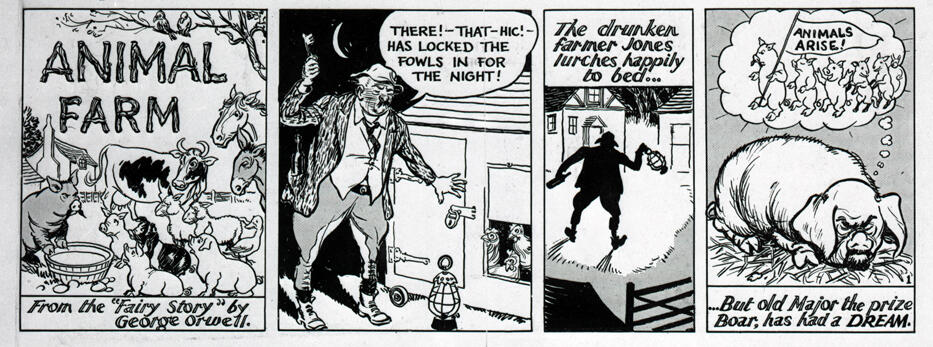
Under Napoleon’s rule, conditions worsen. The animals work longer hours, receive less food, and face harsher punishments. The pigs start doing all the same things the humans did and which the commandments forbid; they start to live indoors and sleep in beds, drink alcohol, and walk on two legs.
Each time, Squealer finds ways to “explain” the changes, subtly rewriting the commandments so that the pigs aren’t going against them anymore. For example, "No animal shall sleep in a bed" was changed to "No animal shall sleep in a bed with sheets."
The truth becomes flexible, and the other animals are too fearful or confused to object.
Those animals who accept things the way they are told are similar to the mob in To Kill a Mockingbird.
The windmill becomes a symbol of false progress.
It collapses several times, but Squealer blames Snowball for the destruction.
Boxer works tirelessly to rebuild it, repeating his motto: “I will work harder.”
He eventually collapses due to exhaustion and is secretly sold to the glue factory, rather than having a peaceful, dignified death.
This drives home Napoleon’s inhumanity (or “inanimality”) as he completely disregards the most loyal worker and sells him for a little bit of money.
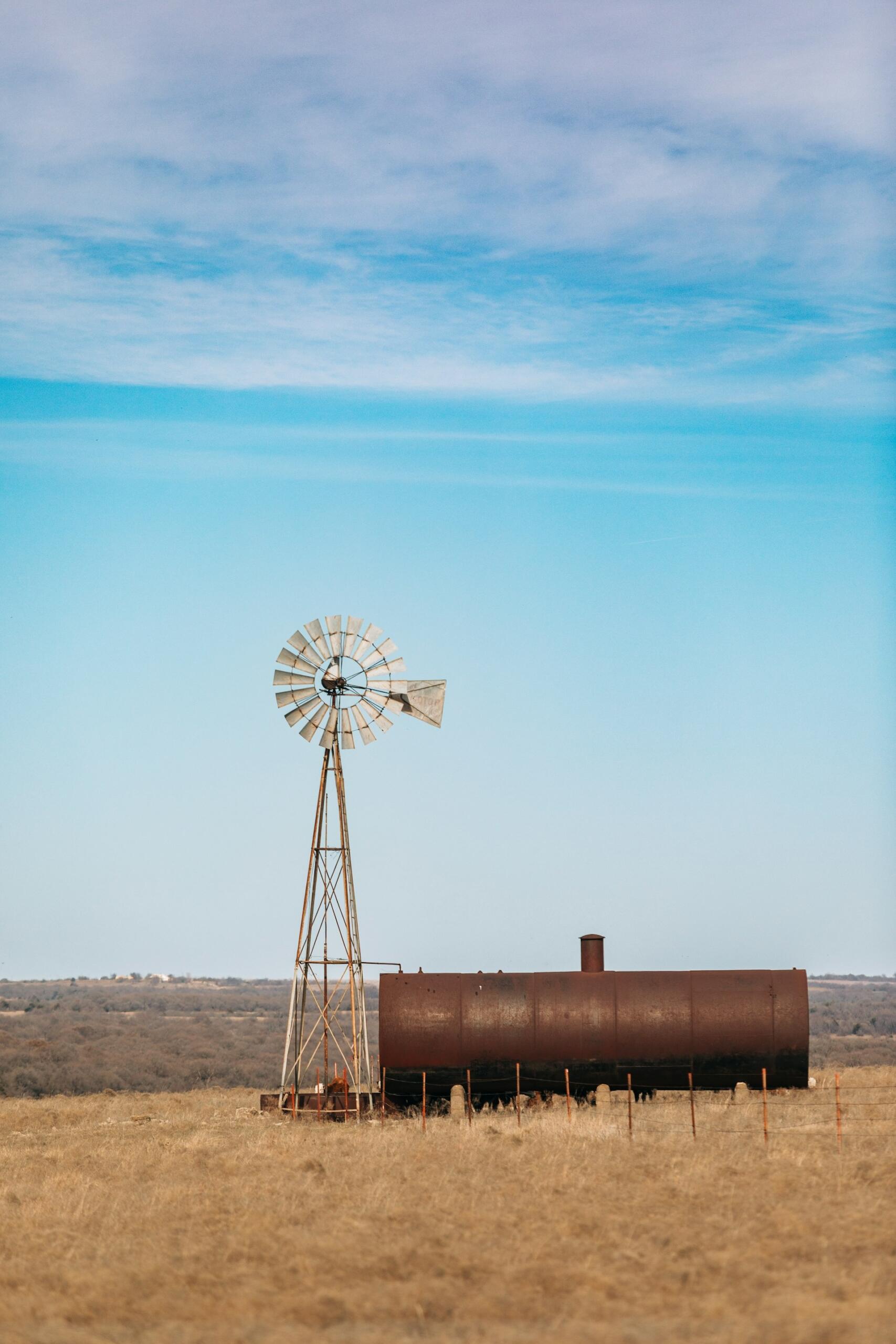
By the end of the novel, the pigs have fully transformed into the very oppressors they once overthrew. They walk on two legs, wear clothes, drink alcohol, and dine with humans. They make deals with neighboring farmers to exploit both animal and human workers so the elite class (the farm owners) can make more money.
The pigs eventually rename the farm back to its original title, Manor Farm, signifying that things have gone back to the way they were before, just with different oppressors.
The final commandment remaining on the barn wall reads:
All animals are equal, but some animals are more equal than others.
The final commandment of Animalism
When the other animals look from pig to man and from man to pig, they can no longer tell the difference between the two.

In-Depth
Each of the characters in Animal Farm represents a historical figure or event. Orwell wrote the novella with the clear intention of making a critique of Soviet Russia, which was obvious to the general public at the time. It even made publishing the book difficult, since most publishers didn’t want anything to do with something that could have real political consequences.
| Animal Farm Character | Historical Figure | Comparison |
|---|---|---|
| Old Major | Karl Marx, Vladimir Lenin | Inspire the revolution in the first place |
| Napoleon | Joseph Stalin; all political tyrants in history | Violent, tyrannical; abandoned the revolution's original principles |
| Snowball | Leon Trotsky | Idealistic; run out of the country/farm by Stalin/Napoleon; |
| Squealer | Pravda (Russian propaganda newspaper) and Vyacheslav Molotov | Twists facts to make Napoleon look better and increase the pigs' power and control (propaganda) |
| Mr. Jones | Tsar Nicholas II | The neglectful, out-of-touch initial ruler of the farm |
| Mr. Frederick | Adolph Hitler | Cruel, manipulative, steals property; used as a looming threat to keep animals in line |
| Mr. Pilkington | British aristocracy | Not managing his farm well; the farm is old-fashioned and outdated; compares the working class humans to the lower animals |
| Boxer | The Russian proletariat | Honest, hard-working, naive, trusting; exploited |
| The dogs | The Secret Police (NKVD) | Attack the other animals at Napoleon's command; help leaders rule through fear |
| Benjamin | Intellectuals who refused to take action | Doesn't "get involved" with politics, despite being shrewd and intelligent; too cynical and pessimistic to believe in meaningful change |
| The sheep | Swayed masses | People who blindly believe those in power and are easily convinced |
| The hens | Ukrainians | The hens are the only animals to rebel against the pigs; they are killed for their revolt |
| Manor Farm / Animal Farm | Soviet Russia | Succumbs to a corrupt, expoitative version of communism |
Napoleon
Napoleon becomes the farm’s sole leader after driving out Snowball. He represents Joseph Stalin on the surface, and under that, all the political tyrants in history. His namesake, Napoleon Bonaparte, helped in the French Revolution, but then started oppressing the French people once he gained power.
Napoleon is an opportunist. He is cunning, secretive, and ruthless. He is interested in a leadership position to gather power for himself, not to help lead the people. The only time he takes an active role in constructing the new society is to secretly train the puppies to be his obedient attack force. He lazily takes over Snowball’s windmill plan to make it seem like he is a progressive thinker and manipulates the populace into thinking it was his idea all along.
Napoleon uses fear (the attack dogs) and propaganda (Squealer) to silence any dissent and keep the other animals controlled. Under his rule, the farm loses its sense of equality, independence, and pride. Napoleon’s rise shows how revolutions are the perfect environment for opportunistic dictators to seize control under the guise of providing freedom.
Another pig-related fear tactic is also used in Lord of the Flies.
Snowball
Snowball is intelligent, passionate, and idealistic. He represents Leon Trotsky, a key figure early in the Russian Revolution who was later exiled by Stalin. Snowball believes in progress and education, trying to improve life on the farm through innovation.
His windmill plan shows that he had hopes of achieving new milestones, especially in technology, with collective effort. His downfall and expulsion reflect how truth, justice, and optimism can be crushed by manipulation and brute force.
He is later used as a scapegoat for the windmill’s failure, covering up Napoleon’s faults.
It’s important to note, however, that Snowball was not a perfect character. He also believed in the pigs’ superiority, and might have become power-hungry too if he had been able to stay longer. The message is not that there are perfect leaders out there; the message is that all leaders need to have checks and balances to prevent them from enacting any corrupt plans.
The idea of moral corruption is a central theme in The Great Gatsby.
Boxer
Boxer is the loyal cart-horse whose strength and dedication make him the backbone of the farm. He represents the working-class Russian peasants: exploited and uninformed, yet powerful.
He truly believes in the revolution’s principles and works tirelessly for others. Boxer is a tragic hero because his blind faith leads him to a cruel fate. He injures himself beyond healing by working so hard for what he believes in, and instead of getting a dignified end, he is sold for slaughter. His fate is one of the most upsetting moments in the book. Through Boxer, Orwell warns readers about misplaced trust in authority; those in charge don’t actually care about you as an individual, and they won’t hesitate to squeeze every penny they can from you, even if it means selling your body to the glue factory (metaphorically, of course).
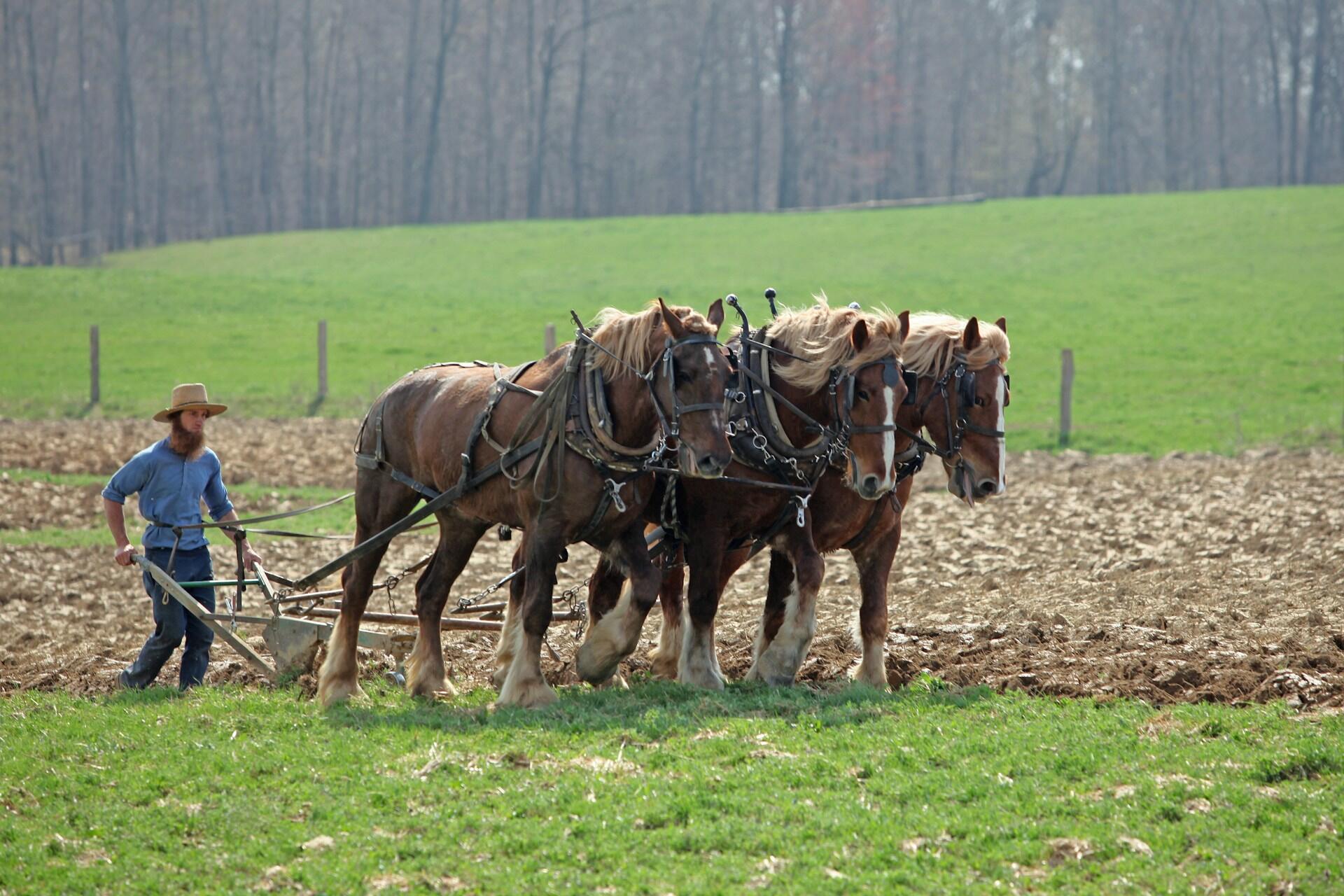
Squealer
Squealer is Napoleon’s spokesperson and the voice of propaganda. He is persuasive, quick-witted, and dishonest. He might even be more clever than Napoleon, choosing to reap the benefits of being in a high position without having to be the main figurehead.
Through Squealer, Orwell illustrates how language can be weaponized to gain control and confuse the masses. Every time the animals question a rule, Squealer finds a “logical” explanation. He constantly “rewrites” history, implementing new rules and “facts” as though they’ve been there the whole time. This propaganda is used to convince the farm animals that the injustice they’re experiencing is actually good.
For example, he teaches the sheep (literally representing people who behave like sheep) to say "Four legs good, two legs BETTER,” which is the opposite of the original commandment.
Fahrenheit 451 also explores the idea of propaganda and censorship.
Comrades! You do not imagine, I hope, that we pigs are doing this in a spirit of selfishness and privilege?… Milk and apples (this has been proved by Science, comrades) contain substances absolutely necessary to the well-being of a pig. We pigs are brainworkers.
Squealer manipulating the other animals into believing the pigs need to take more food
Themes and Significance
Although shorter than many other books that cover such heavy topics, Animal Farm effectively conveys quite a few serious themes. George Orwell made it brief and called it “a fairy story” to make the material more approachable. It reads like a bedtime story similar to a Grimm’s Fairy Tale, with animals being used to convey heavy topics that become more meaningful with worldly understanding and pondering.
This Animal Farm analysis covers all the main points you need to know.
Power and Corruption
Like in his other works, the central theme of Animal Farm is to be aware of how those with power can twist circumstances to benefit themselves while exploiting the average person. In this novella, Orwell emphasizes how revolutions, no matter how pure they may be in the beginning, can be corrupted by power when the leadership goes unchecked. The pigs’ gradual takeover of the farm is a reference to the Soviet Union’s incremental descent into dictatorship under Stalin’s rule.
Propaganda and Control
The novel also explores how language and information can be manipulated to control people. Squealer constantly excuses and explains away Napoleon’s behavior in a way that convinces the other animals, twisting the truth little by little. Eventually, the animals find themselves in a position opposite to what they were originally promised.
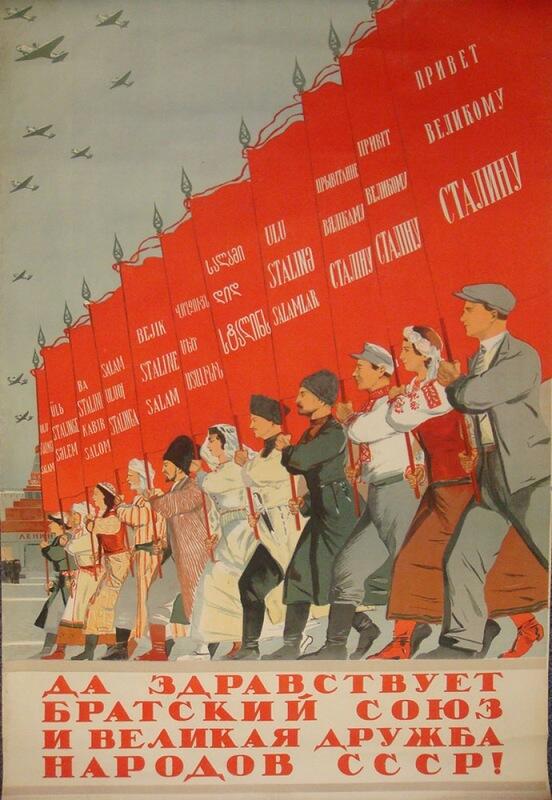
George Orwell understood how propaganda could reshape public opinion and “erase” memories; a lie, told enough times and with enough authority, becomes the truth in the mind of the common person.
He later explored that theme more thoroughly in 1984.
Also, remember that, at this time, there was no internet or an easy way to access historical materials, especially ones that the oppressive government didn’t want you to have.
So, people were unable to gather proof of what really happened or gain outside perspectives on the situation.
This is still the case in many countries with strict leadership.
Additionally, the pigs used the threat of the neighboring farmer, cruel Mr. Frederick, to keep the animals in check. Mr. Frederick represents Adolph Hitler and the Nazi regime. Napoleon and Squealer claim if the animals don't stay "united," then Mr. Frederick would be able to take over the farm (perhaps with Snowball's help) and subject them to his cruelty.
Revolution and Betrayal
Another key idea is the betrayal of the working class. Boxer represents the laborers whose loyalty and naivete keep corrupt systems running. These are the people who are told that working hard is the most important thing and that they should trust those in power to keep them safe in exchange for their effort and faith. Despite his strength and good intentions, Boxer is exploited and discarded once he is no longer useful. Boxer demonstrates how those in power often sacrifice ordinary people for their own gain.
Without the working class and the other citizens in society, the revolution would not have been possible. Yet, in the aftermath, they are taken advantage of again by the new authoritarian dictators.
Morality, justice, and betrayal are common themes in Hamlet.
Freedom and Equality
Animal Farm asks the reader to question the idea of equality. The greed and fear within the pigs cause the farm’s mission of freedom to collapse, while still claiming equality. The message Orwell hopes to send is: when citizens stop questioning and challenging authority, those in power are able to impose tyranny.
In the book, Animal Farm starts with the basic idea that the animals were better than humans, with one of the defining features being that animals did not have hands. Instead, they had four legs, which was better than two; the exact mantra given to the masses was "Four legs good, two legs bad." However, as the animals' freedom is stripped away, the phrase is changed to "Four legs good, two legs better," completely changing the idea, and herding the animals again into an unequal dynamic.
Education and Ignorance
While the pigs can read and write by the time the revolution happens, most of the other animals aren’t as educated. They use this skill to justify why they should be leaders over the others. The only other literate animal on the farm, Benjamin, is not interested in getting involved because he is too cynical; he thinks that life will always be difficult no matter what, so what’s the point in taking on something even more challenging, like being a leader?
This shows that education can be an advantage, but only if you use it. Meanwhile, the uneducated animals are very ignorant and therefore easy to manipulate and control. They can’t tell that the commandments are being altered because they can’t read them, and they rely entirely on what the pigs tell them.
Only old Benjamin professed to remember every detail of his long life and to know that things never had been, nor ever could be much better or much worse—hunger, hardship, and disappointment being, so he said, the unalterable law of life.
Animal Farm
Animal Farm Quiz
Studying for your English literature class? The best way to make sure you are prepared for any quizzes or essays about popular school literature is to quiz yourself! Use these flashcards to see if you understand the most essential ideas in Animal Farm.
Summarize with AI:

